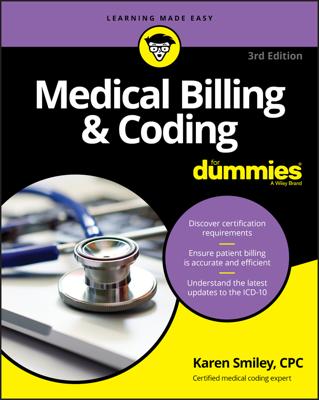No medical insurance? No problem. Though it’s not that simple when it comes to medical billing, that’s what you’re supposed to think when you hear the word COBRA. Through COBRA (which stands for Consolidated Omnibus Budget Reconciliation Act), patients who leave their jobs (and the umbrella of the group plan) have the option to continue coverage so they have some sort of healthcare option during their period of unemployment.
COBRA applies to employers with 20 or more employees. Normal COBRA coverage is for 18 months, although certain qualifying conditions (such as a disability) may allow coverage for 36 months.
For the overage to stay in effect, the individual must pay COBRA premiums. If the individual makes monthly payments and a payment is late, a submitted claim may be rejected. If that happens, check with the patient to see whether she paid the premium and then follow up with the payer to have the claim resubmitted.
COBRA is not cheap. The price is typically based on the individual’s current premium plus the portion paid by the employer. Throw in some administrative fees, and you can see why, when you’re dealing with COBRA coding questions, the patients may seem on edge. After all, they’re already paying out the wazoo for extended coverage. The last thing they want to hear is that one of their procedures isn’t covered.
With COBRA, in particular, check and double check your coding work to avoid any unpleasant surprises for patients.

